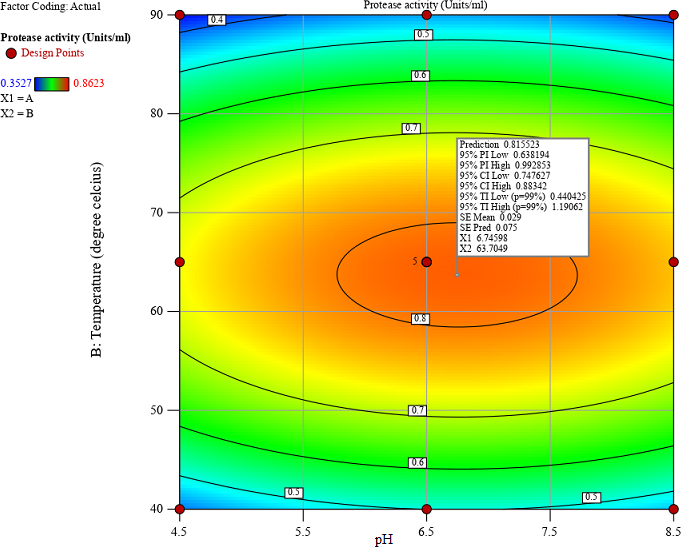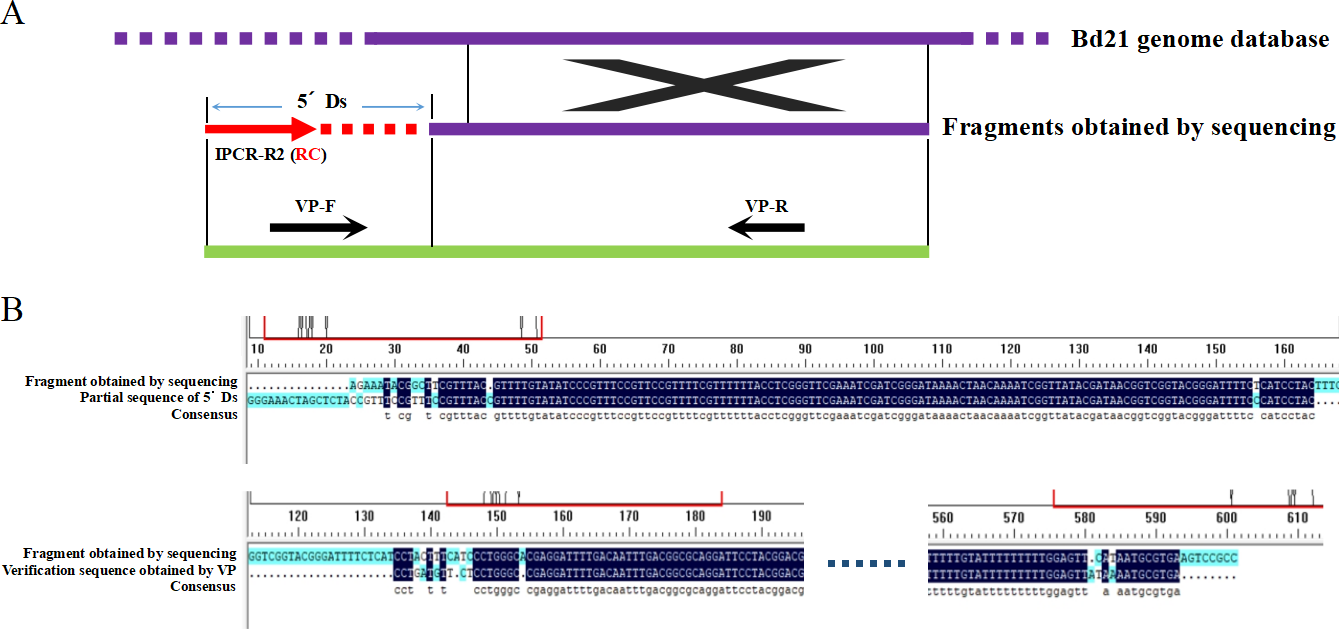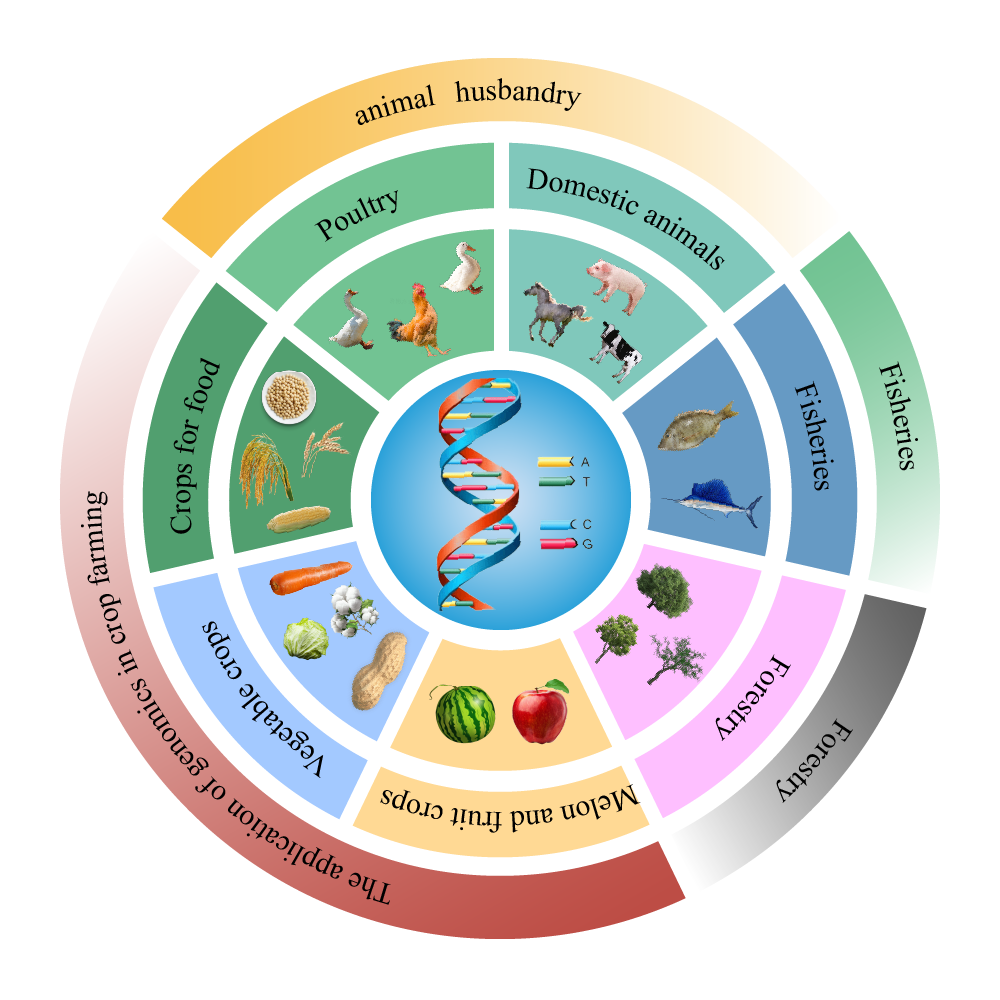Agricultural Science and Food Processing | Volume 2, Issue 1: 56-67, 2025 | DOI: 10.62762/ASFP.2025.993704
Abstract
This study investigates the impact of three precipitation methods—ammonium sulfate (40%), acetone, and acetone with trichloroacetic acid (TCA)—on the yield and activity of protease extracted from Averrhoa carambola (starfruit) at different maturity stages (unripe, semi-ripe, and ripe). Response surface methodology (RSM) was used to optimize hydrolysis conditions, focusing on temperature and pH. Proteases were incubated in buffers ranging from pH 3.5 to 8.5 and at temperatures between 40°C and 90°C, and their proteolytic activity was assessed. Storage stability was monitored over 7 days at <4°C. Ammonium sulfate (40%) yielded the highest proteolytic activity (PA), especially at the unr... More >
Graphical Abstract





